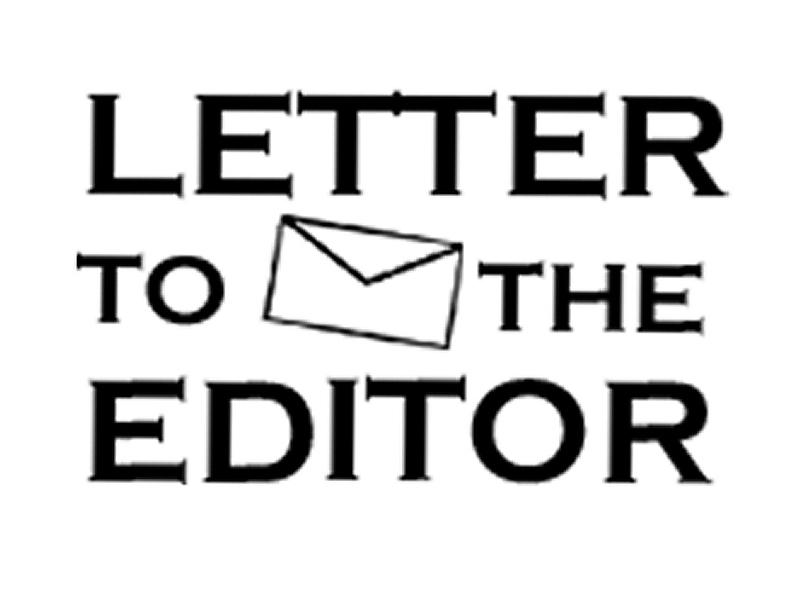At 3 p.m. on April 24, 2019, the Centers for Disease Control and Prevention issued a media statement reporting 695 cases of measles in 22 states. This is the highest number of cases in the United States since the disease was eliminated from the country in 2000. Measles has no known reservoirs in the United States; outbreaks occur when an infected traveler transmits the disease from abroad. Three large outbreaks – two in New York and one in Washington State – are responsible for the record high.
Because measles is a highly-contagious disease, outbreaks typically appear in clusters and occur in population groups with low vaccination levels. Both the New York and Washington State outbreaks are examples of this phenomenon. When individuals refuse to get vaccinated or to vaccinate their children, they jeopardize not only their own safety and health, but also that of their communities.
Babies cannot receive the first dose of the Measles, Mumps, and Rubella (MMR) vaccine until they are 12 months old, nor can they receive the second dose until they are at least four years old. Not everyone can receive the vaccination. Many individuals have health conditions, such as cancer, that suppress their immune systems and prevent them from being vaccinated.
In a society with a high vaccination rate, herd immunity protects those who can’t be vaccinated. Herd immunity defends the population because disease cannot spread if enough people are vaccinated. If the vaccination rate drops, those most vulnerable to the disease are left unprotected. In an interview published by Oxford Vaccine Group, Dr. Manish Sadarangani estimates that in the case of measles, at least 90-95% of the population needs to be vaccinated to maintain herd immunity and safeguard the young and the infirm.
It’s bad news, then, that the percentage of young children in the United States who don’t receive any vaccinations has quadrupled since 2001. While there is more than one reason for the increase, rising rates of vaccine skepticism are a contributing factor. This increase is likely the result of a vocal group of activists known colloquially as “anti-vaxxers,” who believe that vaccines can cause autism despite all scientific evidence to the contrary.
Study after study has shown that vaccines do not cause autism. Most recently, a study published just this month evaluated over 650,000 children over the course of ten years in Denmark and found no increased risk of autism from the MMR vaccine.
So why then, in the face of such definitive evidence, do people choose to put themselves, their children, and their communities at risk? And in the face of rising vaccine skepticism and recent outbreaks of vaccine-preventable disease, what action should the government take to protect public health?
The answer to the first question is fairly complicated, having to do with the public health apparatus, misinformation in the digital age and the psychology of conspiratorial thinking. The answer to the second question is simple: state governments should end nonmedical exemptions that allow parents to send their kids to school without having been vaccinated.
While all 50 states and the District of Columbia have laws that require students to be vaccinated before attending public school (some also require vaccinations to attend private school and day care facilities), the accepted reasons for an exemption to these laws and the ease of obtaining such an exemption differs from state to state.
All states have a medical exemption that allows students who cannot receive vaccinations for a medical reason to attend school. In California, West Virginia and Mississippi, this is the only exception that exists.
Some states allow for both medical and religious exemptions, and 17 states have even more lenient laws that allow for exemptions on the basis of personal or philosophical concerns.
Lenient laws that allow parents to obtain exemptions on the basis of non-medical concern are clearly a public health hazard. State governments should move to protect their communities by passing legislation that prohibits vaccine exemptions for both religious and personal reasons. The federal government should also move to restrict the ability of states to implement or maintain lenient exemption laws.
The United States Supreme Court has upheld the constitutionality of barring religious and personal vaccination exemptions. Lower courts have used the decisions of the Supreme Court in the cases of Jacobson v. Massachusetts and Prince v. Massachusetts to affirm that individual liberty should not contribute to the endangerment of public health.
Even those most weary of government power and intervention should acknowledge the rectitude of tougher vaccine exemption laws. Those who don’t receive vaccinations or choose not to vaccinate their children reduce herd immunity and increase the risk of illness and death of those around them. Unless you’re prepared to argue that illness and death don’t constitute harm, it’s difficult to justify government inaction.





























































